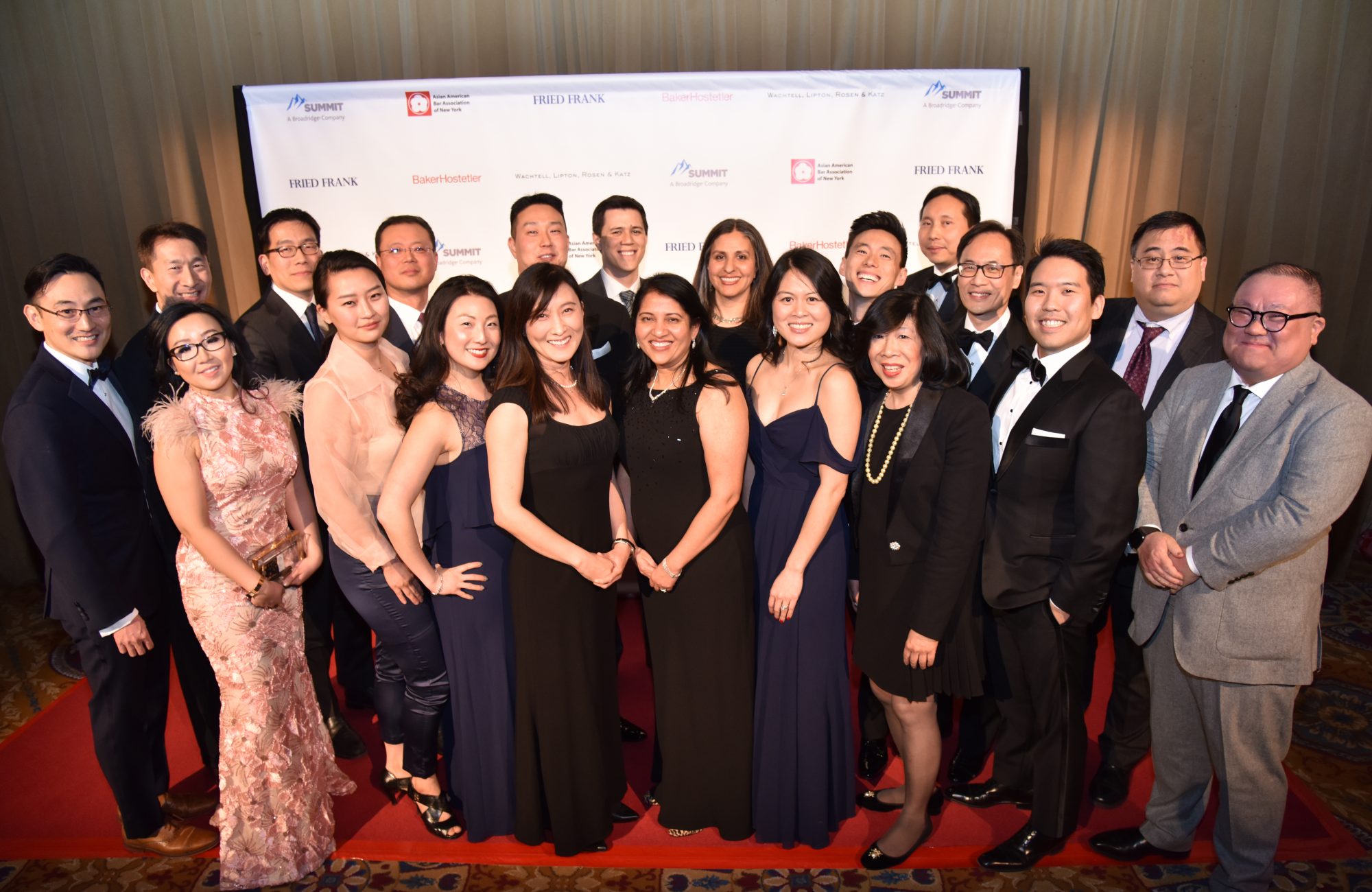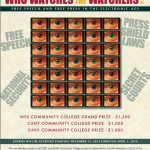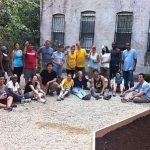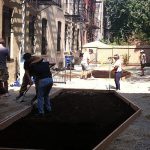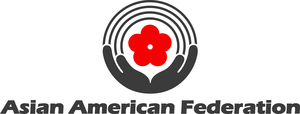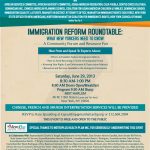Save the Date
New York AAPI Forum with Faith-Based & Community Leaders
Saturday, September 21, 2013
The City University New York Murphy Institute, 25 West 43rd Street, 18th Floor, New York, NY 10036
9:30 A.M. – 3:00 P.M.
The White House Initiative on Asian Americans and Pacific Islanders will convene federal officials and faith-based and community leaders in a day-long forum to share key Administration policies on economic growth, immigration, education, and civil rights. The forum will provide leaders and the broader AAPI community critical information and a better understanding of federal resources and services.
The focus of the WHIAAPI Community Forum is to accomplish three key goals:
1. Establish a space where faith-based and community leaders can meaningfully engage and interact with federal officials;
2. Identify policy and programmatic areas of concern, receive feedback, and share local success stories and practices that benefit the AAPI community;
3. Share opportunities for leaders to collaborate with the Obama administration.
